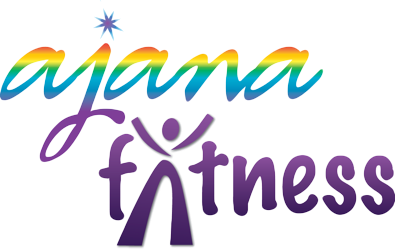 Did you know that your body is about 60% water? Even if you’re in the AC all day long, you still need to hydrate!! Air conditioning is very dehydrating to our bodies. You may feel cool, but your body is being sucked dry!! In the hot months of summer, it’s really important to hydrate, frequently and consistently! You might not feel thirsty, but that’s all the more reason to drink up! Some people will feel light headed, head-achy, dizzy, tired, sleepy, or hungry,…BEFORE they feel thirsty!
Did you know that your body is about 60% water? Even if you’re in the AC all day long, you still need to hydrate!! Air conditioning is very dehydrating to our bodies. You may feel cool, but your body is being sucked dry!! In the hot months of summer, it’s really important to hydrate, frequently and consistently! You might not feel thirsty, but that’s all the more reason to drink up! Some people will feel light headed, head-achy, dizzy, tired, sleepy, or hungry,…BEFORE they feel thirsty!
Symptoms of dehydration include headaches, muscle cramps, decreased blood pressure, dizziness, or fainting. If left untreated, dehydration can result in delirium, unconsciousness, and in extreme cases, death. The beginning signs of dehydration include thirst, decreased urination, tiredness, irritability, headache, dry mouth, and dizziness. In people over age 50, the body’s sensation of thirst diminishes and continues diminishing with age. Many senior citizens suffer symptoms of dehydration, and during extremely hot weather this can result in death.
We can all avoid dehydration simply by drinking enough fluids and eating a healthy diet filled with fresh fruits and vegetables. During routine indoor activities, if weather is cool, drinking when thirsty is sufficient to maintain hydration. But during exercise, especially during hot weather months, relying on thirst alone is not enough, especially for those over 50 who may no longer feel the sensation of thirst. One rule of thumb is to drink half of your body weight, in ounces, per day. Caffeinated drinks are dehydrating so they don’t get to count! Juices are OK but remember, they have a lot of calories! Water is really the best.
Can you drink too much water? Yes! Drinking too much water can result in hyponatremia, a loss of electrolytes. Make sure you find the proper balance based on your weight, the current levels of heat and humidity, and if you are flying — altitude and dry airplane cabins will also dehydrate us! And unless you have been told by your physician to go on a no-salt diet, include some salt, as well as foods rich in potassium, calcium, and magnesium like bananas, tomatoes, potatoes, and dairy.

